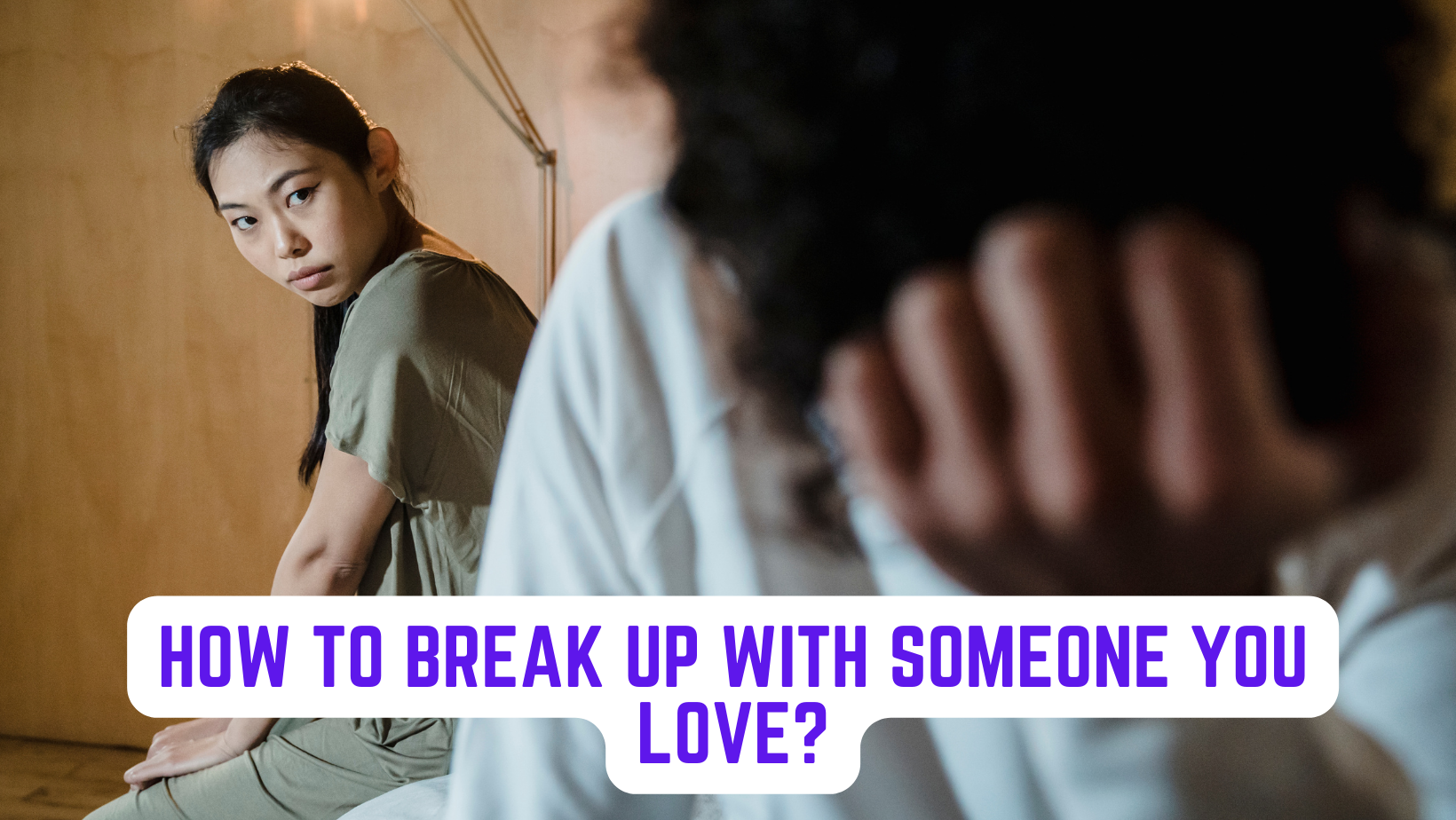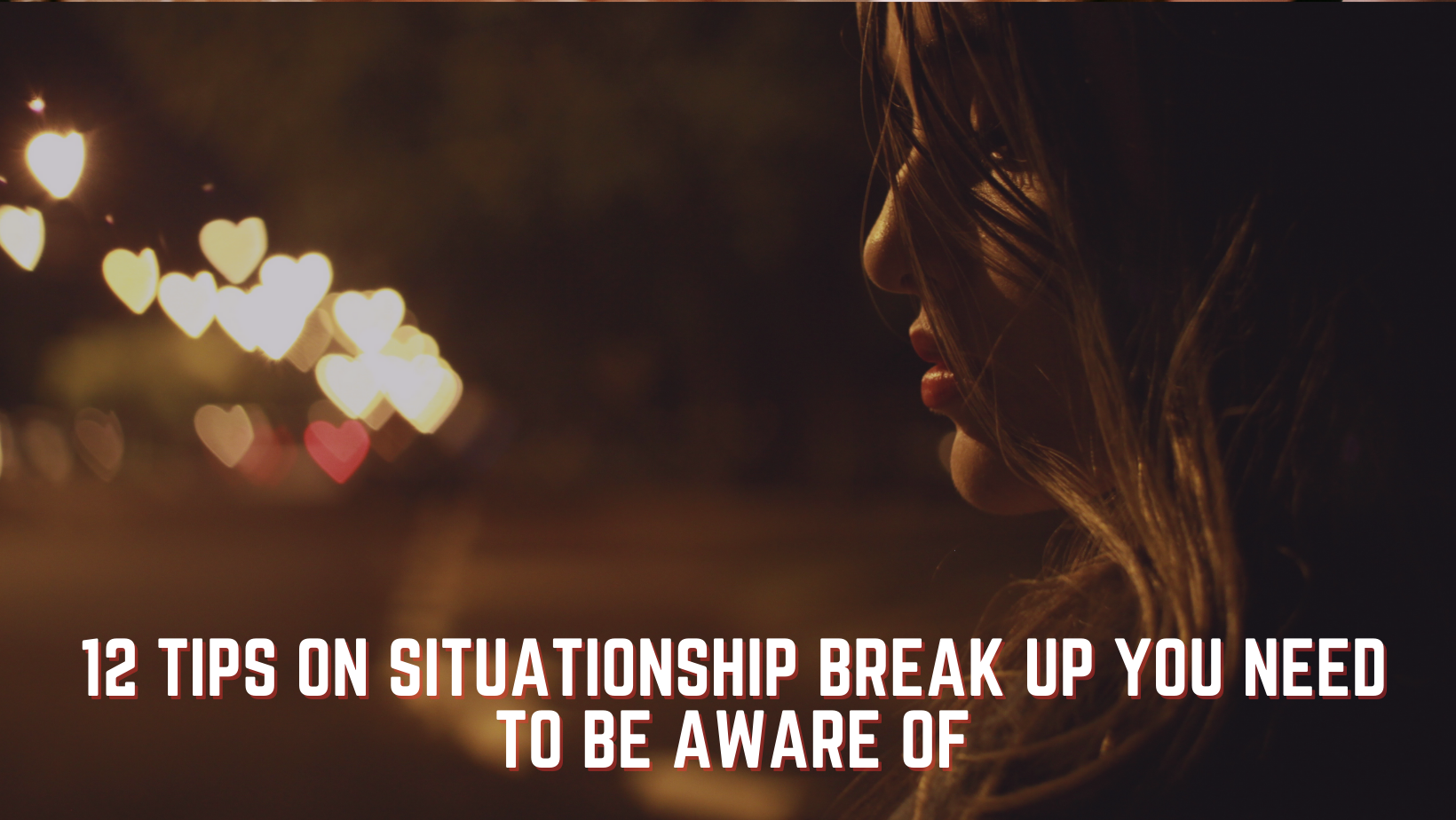Choosing to end a relationship with someone you still have strong feelings for is one of the most challenging decisions you’ll ever have to make. Yet, sometimes, it’s necessary for reasons only your heart understands – whether it’s because of differing life paths, incompatibility issues, or personal growth that requires solitude. If you’re grappling with the heavy decision of how to break up with someone you love, here’s a compassionate and honest approach to navigate this difficult path.
1. First Understand the Why
Before you have the conversation, it’s crucial to be clear about why you’re choosing to break up. This clarity will not only strengthen your resolve but will also help you communicate your reasons compassionately and clearly. Reflect deeply on the issues that are driving you to this decision. Is it a matter of personal growth, unresolvable differences, or something else entirely? Once you have a solid understanding, you’re better equipped to express yourself in a way that’s both honest and respectful.
2. Choose the Right Moment
Timing isn’t just about convenience; it’s about respect. Select a moment that allows for privacy and sufficient time for a thorough conversation. Avoid public spaces where emotions can be heightened by the presence of an audience. Also, steer clear of significant dates or events that could compound the pain of the breakup.
3. Communicate with Compassion
When the moment comes, approach the conversation with a gentle firmness. Be straightforward about your feelings, but also be kind. Instead of using accusatory language, focus on ‘I’ statements that center on your feelings, thoughts, and needs. For example, “I feel like we’ve been moving in different directions, and it’s become clear to me that I need to take a step back to focus on my personal journey.”
4. Listening is as Important as Speaking
After you’ve expressed your feelings, be prepared to listen. The person you love deserves a chance to voice their feelings and reactions. They may be hurt, confused, or have questions. Active listening demonstrates that you respect them and the relationship you’ve shared.
5. Provide Closure, But Not False Hope
It’s tempting to soften the blow with phrases like “we can still be friends” or “maybe in the future,” but if you don’t believe in those possibilities, it’s kinder in the long run to avoid them. False hope can prolong pain and impede the healing process. Instead, offer genuine, kind words that give closure.
6. After the Conversation
Once the conversation is over, take steps to respect the new boundaries of your relationship. Limit contact to give both of you the space to heal. It’s also wise to review your presence on social media and consider the implications of remaining connected there.
7. Self-Care and Healing
Don’t neglect your emotional health. Seek the support of friends, family, or a therapist. It’s okay to grieve the end of a relationship, even if you were the one to end it. Self-care is vital – ensure that you’re eating well, sleeping enough, and finding solace in activities that bring you peace and joy.
Knowing how to break up with someone you love is never simple or painless. It’s a complex process that requires courage, honesty, and compassion – both for yourself and the other person. Remember that it’s okay to prioritize your happiness and well-being, and in doing so, you’re not only being true to yourself but also respecting your partner by not prolonging a relationship that no longer feels right. With time, reflection, and care, healing will come, and both you and the person you love can move forward with your lives.
FAQs on How to Break Up with Someone You Love?
1. How can I be sure that breaking up with someone I love is the right decision?
Assessing the reasons behind your desire to break up and evaluating the relationship’s impact on your life and happiness can help determine if it’s the right course of action. Reflection and, if needed, consulting with a therapist can provide clarity.
2. What’s the best way to approach a breakup conversation?
Initiate the conversation with clarity and compassion, ensuring that you’re honest about your feelings while also being considerate of your partner’s emotions. Choose a private, comfortable setting and a suitable time for both parties.
3. How can I deal with the emotional aftermath of breaking up with someone I love?
Allow yourself to grieve and seek support from friends, family, or a counselor. Engage in self-care practices and focus on activities that promote healing and personal growth.
4. Is it possible to remain friends after breaking up with someone you love?
While friendship post-breakup is possible, it’s important to give each other space and time to heal before considering a platonic relationship. Evaluate your feelings and boundaries before making this decision.
5. How do I handle shared responsibilities and connections after a breakup?
Discuss and agree upon a fair division of responsibilities and assets. When it comes to mutual friends or connections, set clear boundaries and communicate with those involved to avoid misunderstandings.
6. Can a breakup actually lead to personal growth?
Yes, breakups can be powerful catalysts for personal growth, offering insights into relationship dynamics, personal needs, and life goals, ultimately contributing to a deeper understanding of oneself.




